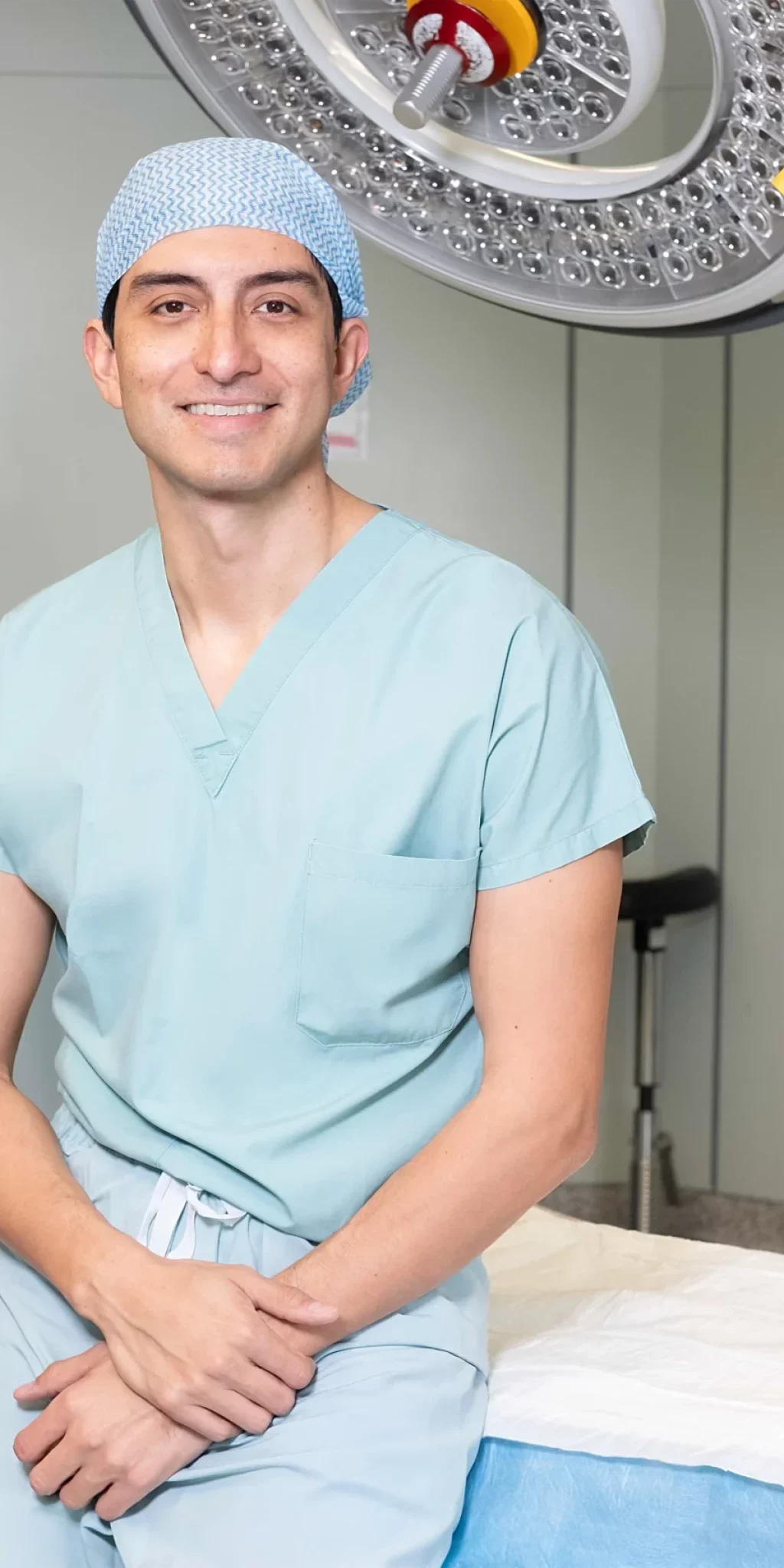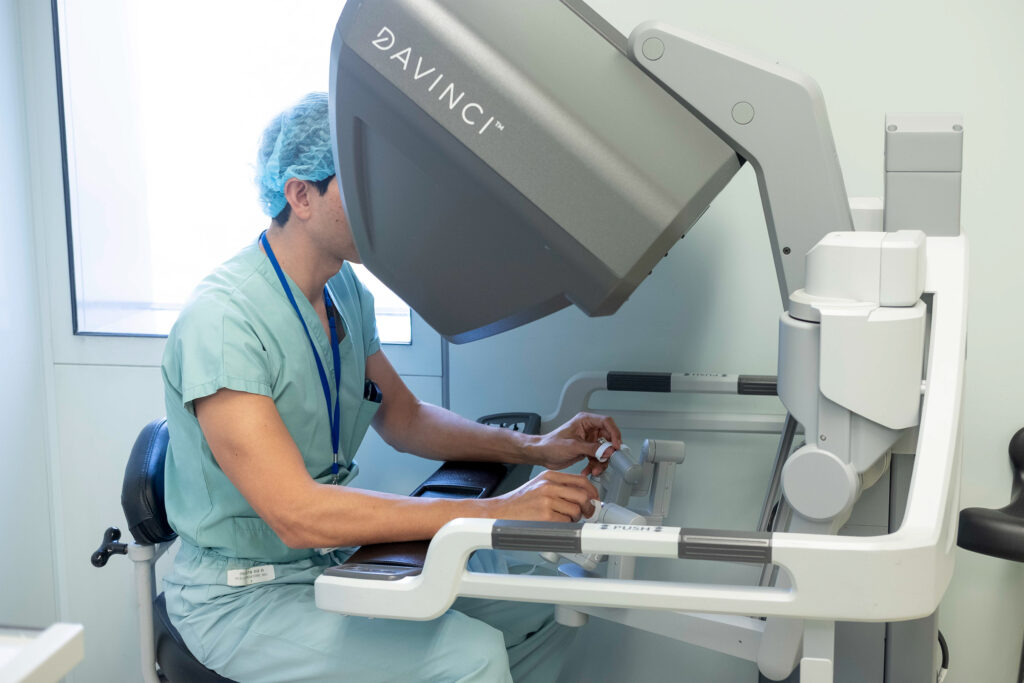>While many gynecologic conditions can be managed with medications or other non-invasive treatments, some patients will ultimately require surgery to improve their symptoms and quality of life. If this is your case, it is important to find a surgeon that can offer you tailored interventions, and ideally, minimally-invasive methods. Whenever possible, I try to offer my patients laparoscopy, robotic surgery, hysteroscopy or vaginal surgery in order to avoid making large abdominal incisions. This minimizes post-operative pain, results in faster recovery times, and minimizes risks of surgery such as infection or bleeding.

Fibroids are benign tumors or growths that can appear on the uterus and cause symptoms like abnormal uterine bleeding, pelvic pain, or fertility issues. There is a wide array of possible treatment options and this should be tailored to each patient’s pathology, symptomatology and goals. A thorough consultation includes a discussion on nutrition, pain control, fertility, possible hormonal therapy, minimally invasive procedures, and sometimes surgical options. Having trained at the Fibroid Center of Excellence at Mount Sinai in New York, I strive to provide holistic care for this condition.
Endometriosis is a condition where tissue similar to the inner lining of the uterus (endometrium) grows outside the uterus, causing pelvic pain, inflammation, and sometimes fertility issues. It can affect the ovaries, fallopian tubes, and other organs in the pelvis such as bladder or intestines. A subtype of endometriosis that affects the uterus is called adenomyosis. Early diagnosis and treatment are key to minimizing sequelae and improving quality of life. If you are suffering from painful periods, pain during intercourse, unexplained bloating or pain, don’t ignore your symptoms and seek a gynecologic consultation with an endometriosis expert.
Cysts are sacs or collections in the ovaries that can be full of fluid, blood, endometriosis, or even solid materials such as fat, hair or teeth (sorry for the mental image!) Though many times asymptomatic, they can cause pain or fertility issues, and can sometimes be cancerous. Depending on the size and type of cyst, treatment options range from observation, medical treatment or surgery.
Some conditions such as blocked fallopian tubes, uterine septums, scarring inside the uterus (adhesions), endometriosis, and others can affect your ability to become pregnant or carry a pregnancy to term. Treating these conditions surgically is oftentimes necessary to improve the chance of spontaneous conception or to enhance the success of fertility treatments such as insemination or IVF.
These growths inside the uterine cavity are benign in the great majority of cases. However, depending on your age, menopausal status and possible symptoms (irregular bleeding, infertility), polyps may need to be removed through a minimally-invasive procedure called hysteroscopy.
The vulva, which includes the mons pubis, clitoris, labia majora and labia minora, can be affected by conditions such as hypertrophy, warts, cysts (such as Bartholin’s), infections, atrophy, or skin disorders. I have completed advanced courses in vulvar surgery and flap techniques in order to ensure the best possible outcomes for my patients.

American Hospital of Paris
55 Boulevard du Château,
92200 Neuilly-sur-Seine
+33 (0) 1 46 41 26 99
2025 © Dr Ramírez Zamudio